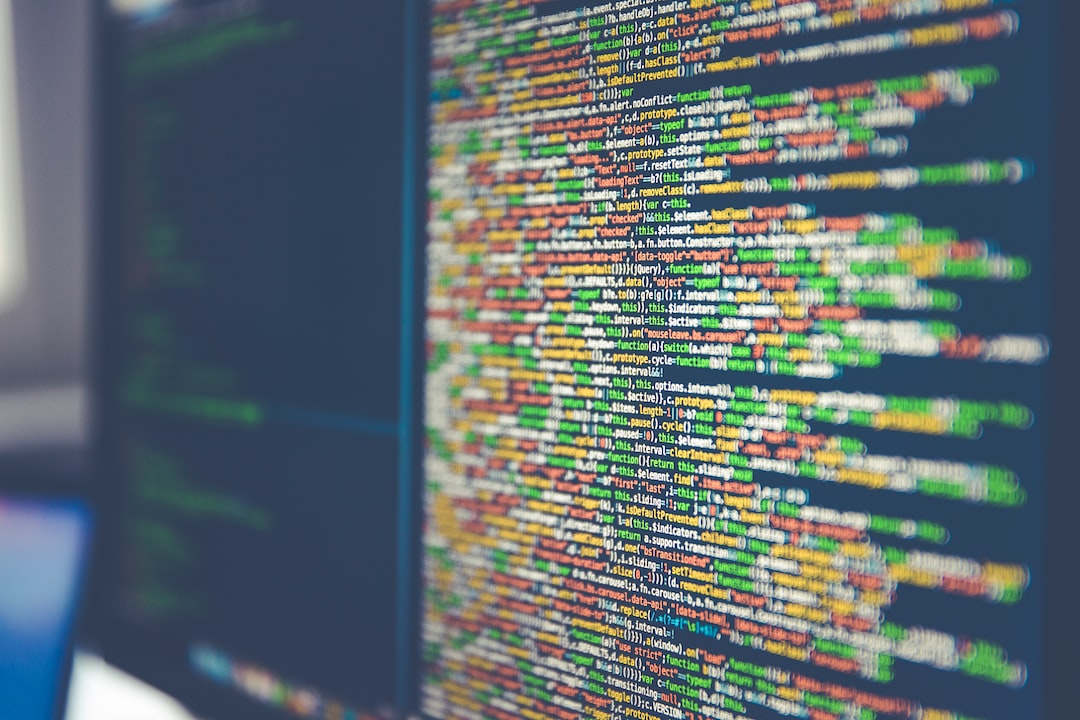The Dark Side of Social Media: Addressing Online Harassment
Social media has revolutionized the way we connect, share, and communicate with each other. It has given us a platform to express ourselves, share our opinions, and engage with a diverse range of individuals. However, there is a dark side to this seemingly utopian virtual world – online harassment.
Online harassment refers to the act of targeting, threatening, or intimidating someone online. It can take various forms, such as cyberbullying, doxxing (sharing private information), revenge porn, or even death threats. The anonymity provided by social media platforms often emboldens perpetrators, who feel shielded from the consequences of their actions.
Unfortunately, online harassment has become alarmingly prevalent in recent years and has devastating consequences for victims. The psychological toll of constant vitriol, insults, and threats can be overwhelming, leading to anxiety, depression, and even suicide. Moreover, victims often find it challenging to escape the scrutiny, as the internet has a long memory and content can resurface even years later.
Addressing this dark side of social media requires a multi-faceted approach. Firstly, social media platforms themselves need to take more responsibility in combatting online harassment. They should invest in advanced moderation tools and algorithms that can detect and remove abusive content swiftly. Furthermore, platforms should provide easily accessible reporting mechanisms to enable users to flag abusive behavior quickly.
In addition to platform measures, society as a whole needs to acknowledge the seriousness of online harassment. Schools and educational institutions should incorporate digital citizenship education, teaching students about the responsible use of social media and the potential consequences of their actions. By fostering empathy, respect, and a sense of accountability, we can create a generation of internet users who understand the importance of treating others with kindness and respect online.
Legal measures also play a crucial role in addressing online harassment. Many countries have laws that punish cyberbullying and harassment, but enforcement and prosecution can be challenging. Governments should work together to create a legal framework that effectively deters and punishes online harassers.
Lastly, support for victims of online harassment is essential. Communities need to come together to provide emotional support, resources, and advice for those experiencing online abuse. Establishing helplines, counseling services, and online support groups can provide much-needed assistance and reassurance.
In conclusion, the dark side of social media cannot be ignored. Online harassment is an issue that affects countless individuals and can have lasting negative consequences. However, with a collective effort involving social media platforms, educational institutions, legal systems, and support networks, we can take significant steps towards addressing and mitigating the problem. By creating an online environment that promotes empathy, respect, and accountability, we can ensure that social media remains a positive force for connection and communication.
